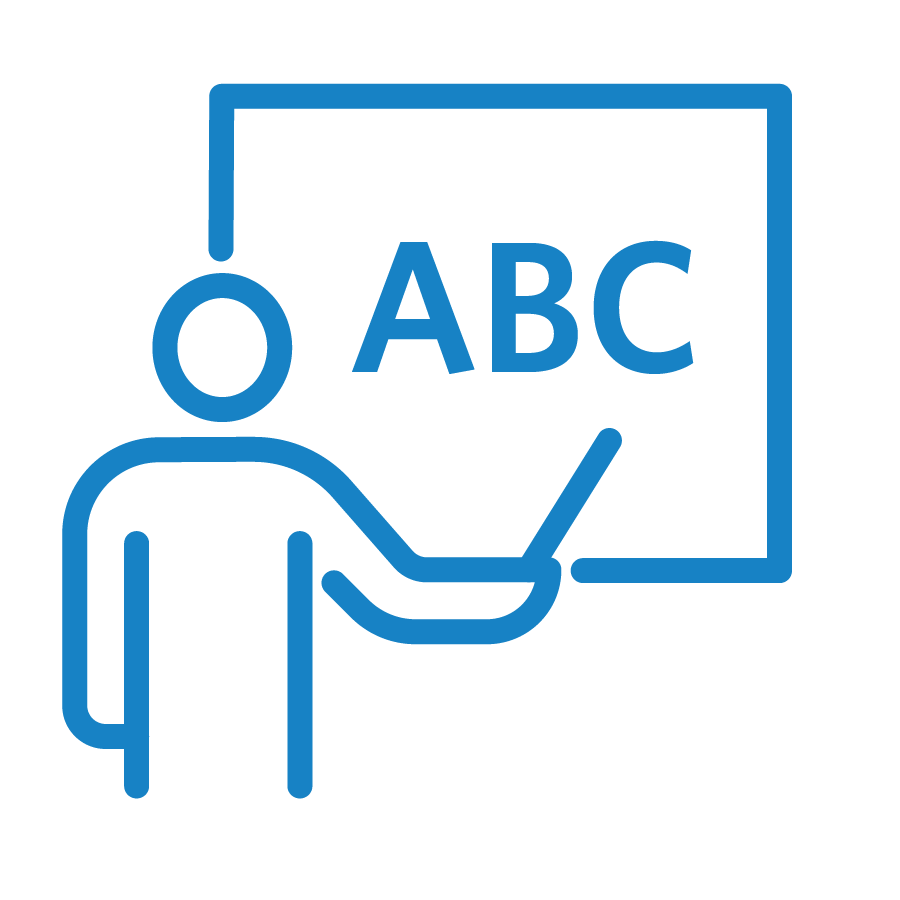Filter resources by:
Select a filter from the drop down menu to apply the filter. Page reloads upon selection

Jun 27, 2024
Teaching the Elaborated Paragraph
The Topic An elaborated paragraph begins with a topic sentence that needs the support of clear, logical ideas. Teachers can cue students for the topic sentences with a question. For example: Question: Is recycling beneficial to the environment? Topic Sentence: Recycling is beneficial to the environment. The Body The body of an elaborated paragraph supports
Read Strategy
Jun 10, 2024
Why DEIB Matters to Landmark Outreach
Unfortunately, students from marginalized social groups are often misidentified in consideration for special education services. Studies primarily indicate an overrepresentation of students of color, raising questions about bias. When Black students qualify for special education services, “there is evidence that they are more likely to be identified as intellectually disabled or behaviorally disordered rather than
Read Blog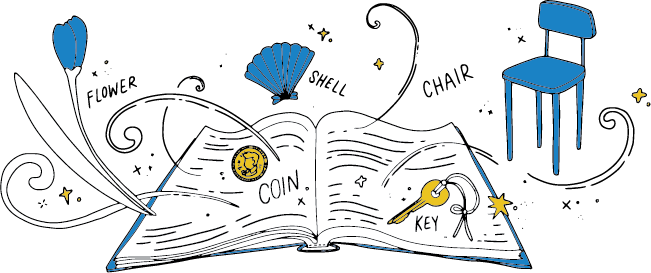
May 16, 2024
Must be logged in
Reading Guidebook
Download our newest resource, The Reading Guidebook, and learn what the science tells us about reading instruction and why it matters. Today in the United States, an elementary school student would have better odds of surviving the Titanic than becoming a competent reader. Even before the prolonged school closures introduced by COVID, most American students
Read Article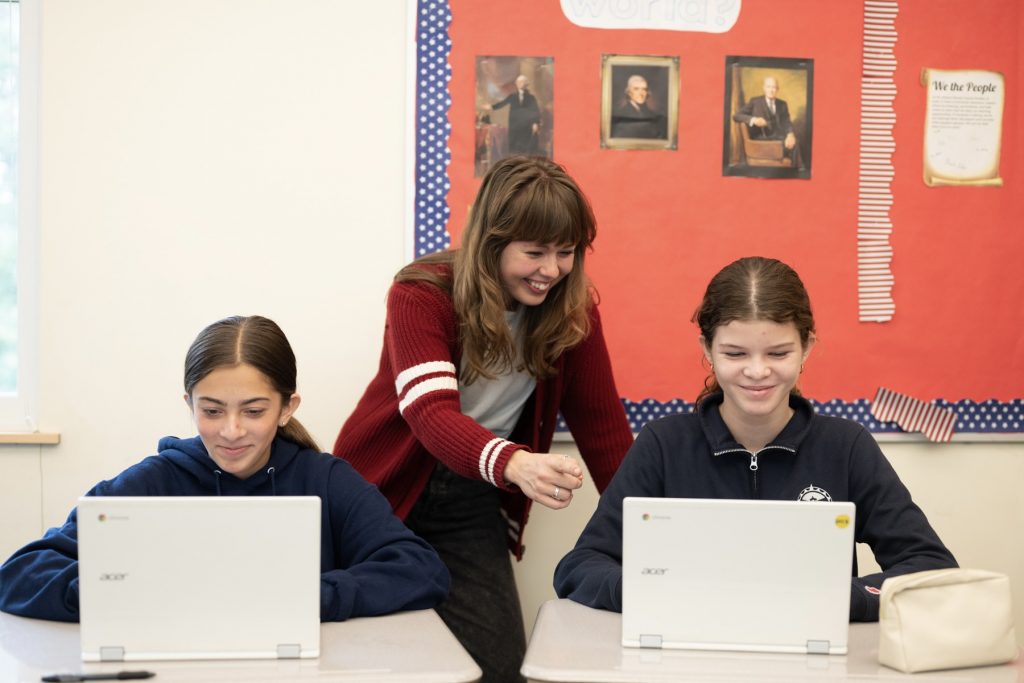
Apr 26, 2024
How Can Educators Use AI in the Classroom?
In fact, AI has been lingering in our periphery since 1997 when Garry Kasparov, a Russian chess grandmaster who had been victorious over both humans and computers throughout his career, was beaten by an IBM supercomputer with the whole world watching. People demonstrated the same polarized reactions to his loss that have emerged during the
Read Blog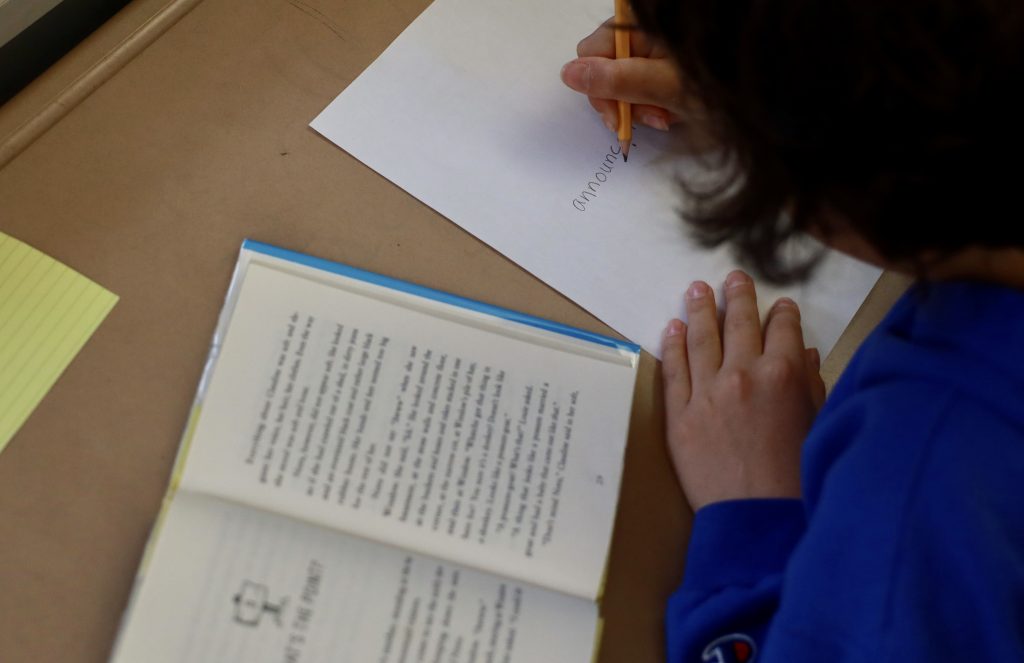
Apr 2, 2024
Developing Confident, Capable Writers: Process Writing Strategies
There are plenty of articles about all of the reasons why writing can be so difficult for students with LBLD, from basic transcription skills to idea generation to proofreading to the numerous executive function demands underlying the entire writing process. Even just reading and understanding the prompt is a skill that can require direct instruction
Read Blog
Mar 6, 2024
Metacognition and Reading Comprehension
Metacognitive practices should be a cornerstone of a language-based classroom. Explicit instruction in metacognition allows students to make deep connections between what they are reading and previously learned material. It also helps them to make sense of what they are reading and learning to determine when material does not make sense and to decide which
Read Strategy
Feb 28, 2024
Resources to Support the Writing Process: Brainstorm to Final Draft
At Landmark School, students are required to follow a five-step writing process. In order to create checks and balances as ideas evolve into written language, we approach the writing process with the following: brainstorming, organizing, composing a rough draft, proofreading, and making final edits before turning it in. Breaking a daunting task like writing an
Read Blog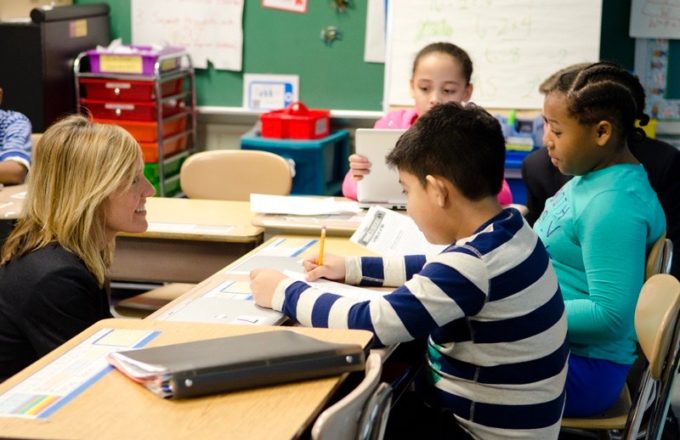
Feb 27, 2024
Provide Models
Executive function researchers, such as Russell Barkley (2019), assert that the ability to picture the steps required to reach a goal is a main function of the executive functions. Further, noted executive function coach and expert Sarah Ward (2014) outlines that without a model or a clear vision of the end goal, students “are open
Read Strategy
Feb 18, 2024
Process Writing: An Overview for Teachers
The Prewriting Phase The prewriting phase is essential to helping students generate and organize their thoughts prior to writing. It establishes the roadmap of the writing piece, allowing them to see where they are going with their ideas and how they will get there. Writing without working through the steps of the prewriting phase is
Read Strategy